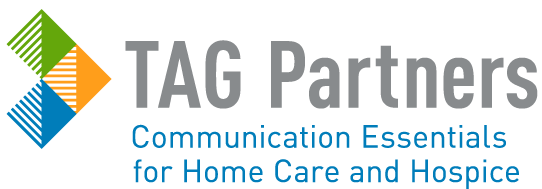June is Men’s Health month which means it’s time once again to emphasize how important it is for men to have an annual check-up. Men are traditionally more reluctant than women to see their doctor regularly. This may contribute to their higher death rate for most of the leading causes of death. There are various excuses that men give as to why they don’t or won’t see their doctor, but whatever the reason behind the avoidance, it’s a serious problem. Do your part as a health care provider to encourage men to be proactive when it comes to their health.
The leading death contributing diseases among men:
Heart Disease
Cancers
Stroke
COPD
Diabetes
Plan June promotions that highlight the benefits of home health care. Home health care provides men rehabilitating from surgery, a stroke, or those suffering with a chronic health condition a more palatable health care alternative. There is something more appealing about receiving treatment in the comfort of your recliner.
Bringing health care to the patient removes much of the anxiety that comes with frequent visits to crowed clinics, long waits in dreary waiting rooms, and the logistical dilemma of figuring out how to get to and from appointments. These are real issues for aging men and women dealing with recurrent treatments.
Here are some ways your agency can promote Men’s Health and your Agency at the same time:
Plan a Wear Blue day to show support for Men’s health. Provide T-shirt’s for your staff to wear during Men’s Health week June 10-16.
Organize a softball tournament and invite your referral partners, the local Red Cross, community organizations and your and local Media stations to participate. Post about it on your social media outlets to attract a big crowd.
Partner with your local big box home improvement store to sponsor a mini health fair on the Saturday before Father’s Day. Have print media on hand highlighting men’s health issues.
Offer to give a short presentation at elementary schools in your service area. The younger a child is exposed to positive messages about doctors and nurses the more likely they are to not avoid them as adults. Provide some fun stuff for the kiddos and some information for their parents.
Visit TAGwebstore for promotional products and print media to market your Home Health, Home Care and Hospice Agency. Learn more about Men’s Health Month at www.MensHealthNetwork.org.


